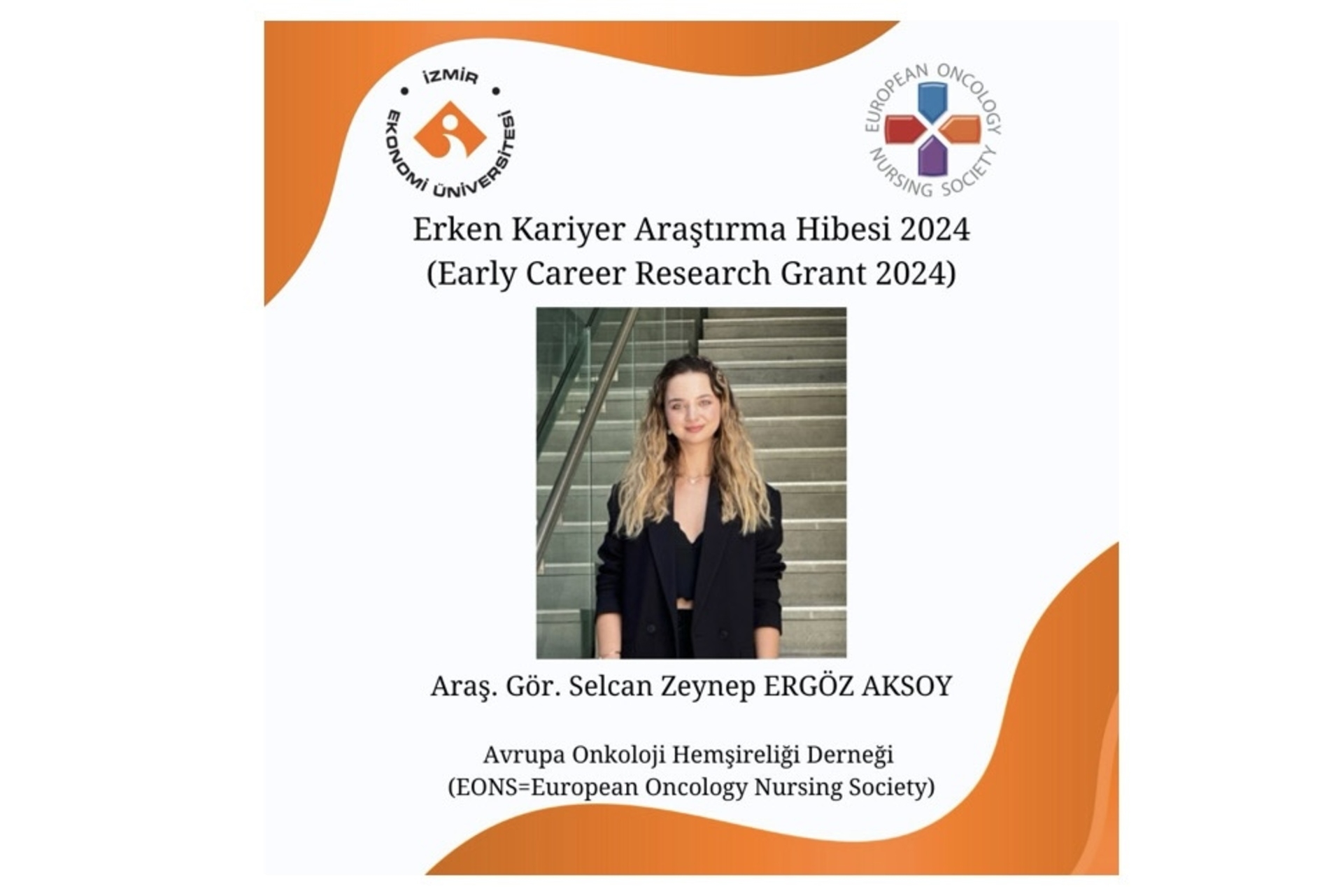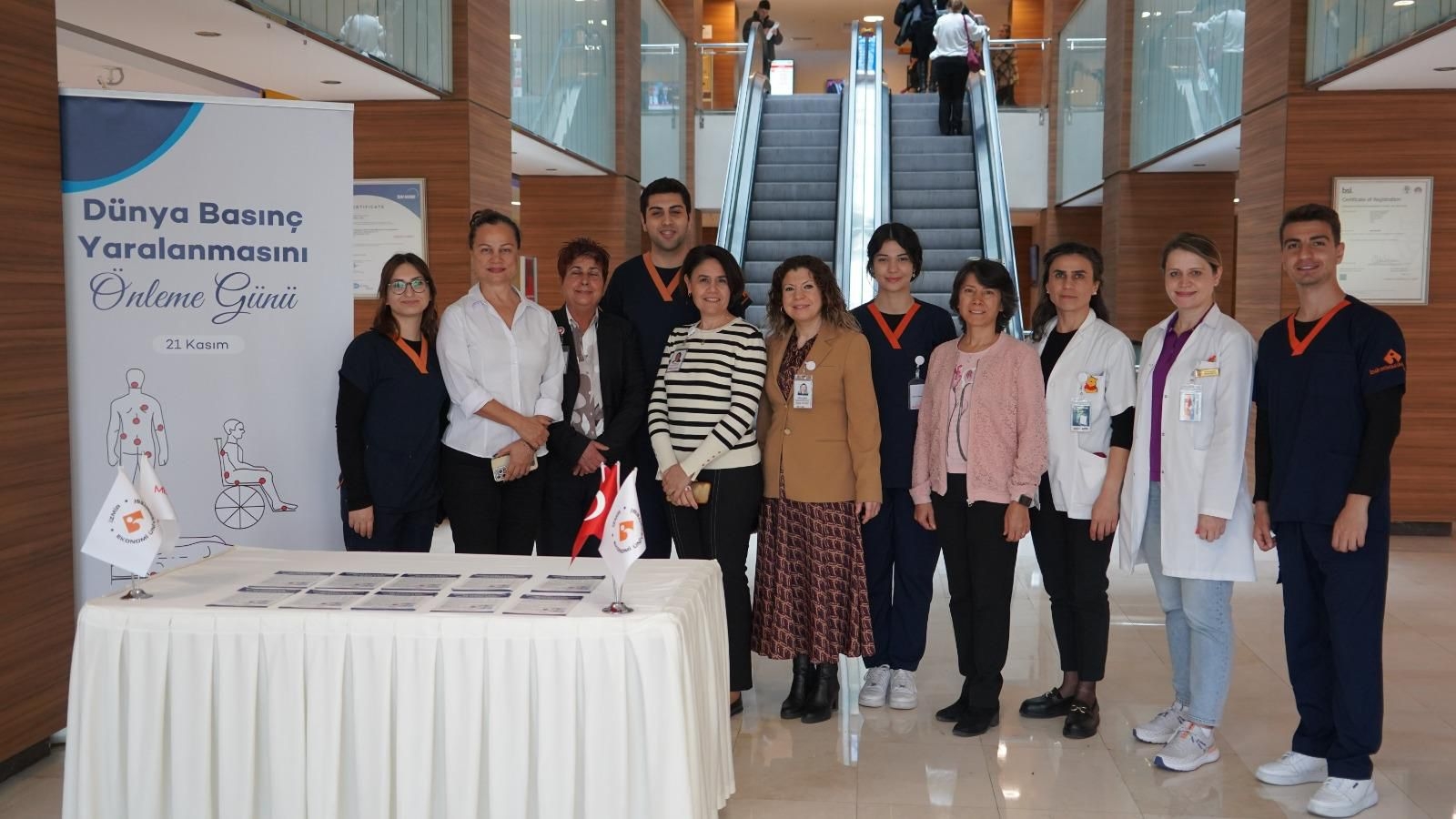
15th October World Handwashing Day
On October 15, World Handwashing Day, an awareness event was organized in collaboration between the Nursing Department of the Faculty ...

Faculty of Health Sciences - Faculty Breakfast
Faculty members and students of the Faculty of Health Sciences gathered at a faculty breakfast organized before the start of ...

A Striking Success: Second Place for Our Nursing Department in the Bowling Tournament!
Within the scope of nursing week activities on May 22, 2025, a team consisting of senior students and faculty members ...

Nursing Week May 12-18
IUE FHS Department of Nursing academicians participated in the event held in Cumhuriyet Square before noon on May 12, 2025 within ...

EONS Early Career Research Grant 2024 Award
Res. Assist. Selcan Zeynep Ergöz Aksoy from our faculty members of the Department of Nursing has been selected as this ...

World Pressure Injury Prevention Day on November 21st
World Pressure Injury Prevention Day on November 21st, IEU Faculty of Health Sciences, Department of Nursing and IEU Medical Point Hospital ...






